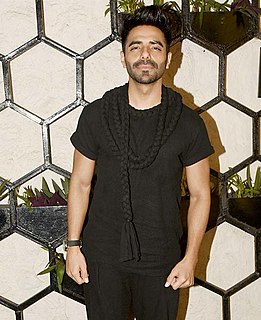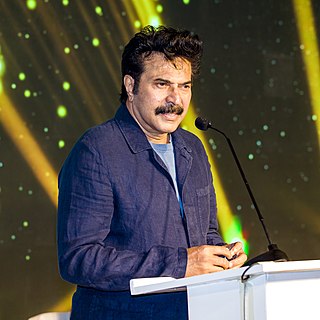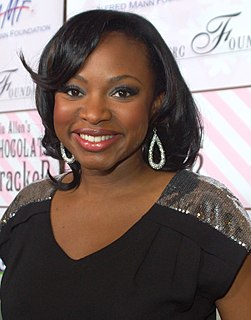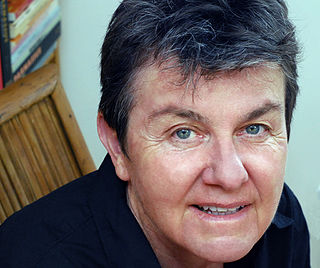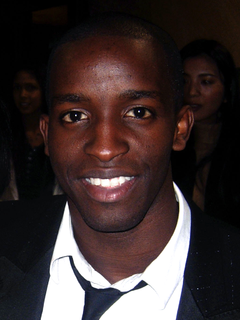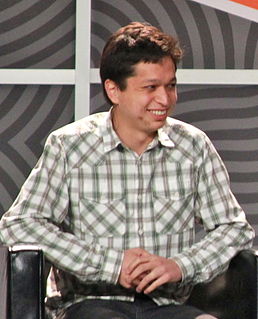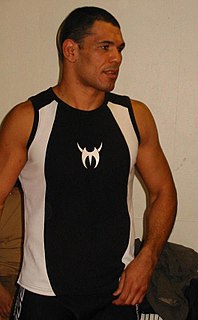A Quote by Hirokazu Kore-eda
With 'Nobody Knows,' I consciously set out to make a fiction film, which is a different approach from 'Distance,' but I still applied a lot of the things I learned from making 'Distance': for example, how to use the camera in relation to the children and how to create the right atmosphere on set.
Related Quotes
One thing that is very different technically is that you don't get a lot of coverage in television. Not like you do on a film. I know we don't have time for separate set-ups, so I will design a scene where I'm hiding multiple cameras within that set-up. That way, if I don't have time to do five set-ups, I can do four cameras in one set-up. It's a different kind of approach for that. For the most part, a lot of television, in a visual sense, lacks time for the atmosphere and putting you in a place.
I do feel that there are things you can learn from an artist, but I think you need to be very close to that person, and to know that person fairly well, in order to acquire anything from them. I do have a teacher myself, and I have learned quite a lot from my teacher, but it's not how to make a film. It's more how to approach my life as a director, how to approach and how to lie to a producer.
This fact was something I also learned from this first novel that I needed personal experience to invent, to fantasize, to create fiction, but at the same time I needed some distance, some perspective on this experience in order to feel free enough to manipulate it and to transform it into fiction. If the experience is very close, I feel inhibited. I have never been able to write fiction about something that has happened to me recently. If the closeness of the real reality, of living reality, is to have a persuasive effect on my imagination, I need a distance, a distance in time and in space.
BAIT GOAT There is a distance where magnets pull, we feel, having held them back. Likewise there is a distance where words attract. Set one out like a bait goat and wait and seven others will approach. But watch out: roving packs can pull your word away. You find your stake yanked and some rough bunch to thank.
There is really no fiction or non-fiction; there is only narrative. One mode of perception has no greater claim on the truth than the other; that the distance has perhaps to do with distance - narrative distance - from the characters; it has to do with the kind of voice that is talking, but it certainly hasn't to do with the common distribution between fact and imagination.
I think the equipment you use has a real, visible influence on the character of your photography. You're going to work differently, and make different kinds of pictures, if you have to set up a view camera on a tripod than if you're Lee Friedlander with handheld 35 mm rangefinder. But fundamentally, vision is not about which camera or how many megapixels you have, it's about what you find important. It's all about ideas.
I don't know what I am on set. I can be many different things on set depending on how stressful a situation is. But at the end of the day we're making movies, we're not saving the world... we're not an army, no one's lives are at risk and we're just trying to make art, so I think as long as you keep reminding yourself that's what it's about you can have fun.
I really believe that the raw ingredient of any creative business is the set of experiences that the team has, the set of skills. I think a simple fact is that if you have a different set of experiences based on how you grew up or how other people perceive you, or if you have a different set of skills, that will produce a better company.
I started out at Procter & Gamble marketing panty liners, so basically selling women insecurity. I thought there must be more to life than this. Then I was on set for a Dr. Scholl's commercial, and I asked one of the execs, 'How do you get a job behind the camera?' and he said, 'Film school.' So I quit and applied to NYU.




